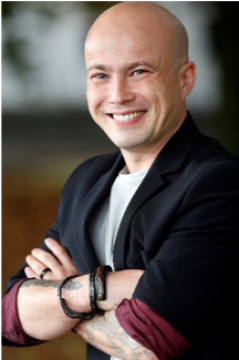Henry Otgaar

Prof. Dr. Henry Otgaar, https://orcid.org/0000-0002-2782-2181, works as a professor at the Leuven Institute of Criminology (LINC), KU Leuven, Belgium, and as Professor of Legal Psychology at the Faculty of Psychology and Neuroscience - Forensic Psychology Section, Maastricht University, The Netherlands. His research concentrates on developmental changes in memory from childhood to adulthood. His research concentrates on fundamental questions related to memory (e.g., which mechanisms cause false memory development?), yet also on practical situations like for example memory in court (e.g., how should witnesses/suspects be interrogated?).
Author's content
- How deliberate forgetting might lead to false memories
- Are victim or eyewitness statements credible? Several ways to check them
- Can we believe in our own lies?
- The Effect of Acute Stress on Memory: How It Helps and How It Hurts
- Remembering what never occurred? Children’s false memories for repeated experiences
- Can you nonbelieve it: What happens when you do not believe in your memories?
- Children are poor witnesses. Or are they?
